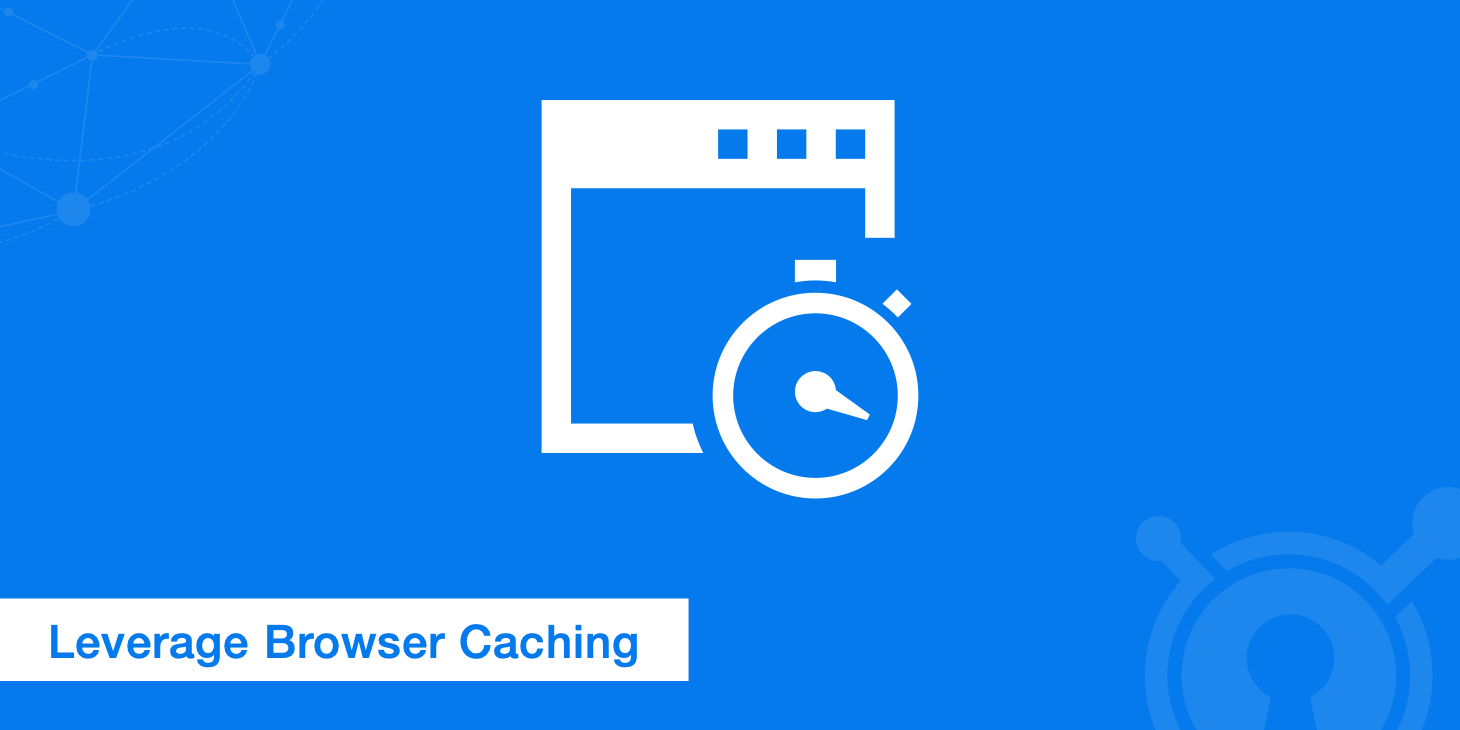
Fix Leverage Browser Caching Warning
At some point in time when you are running speed tests with your website you will most likely encounter the all popular "leverage browser caching" warning in Google PageSpeed Insights. In this post, we are going to show you how to leverage browser caching in general as well as a couple of options on how to easily setup local analytics to fix this warning originating from Google's analytics.js. We have also included a new way to more easily do this for those of you running WordPress.
May 3, 2018 Read more